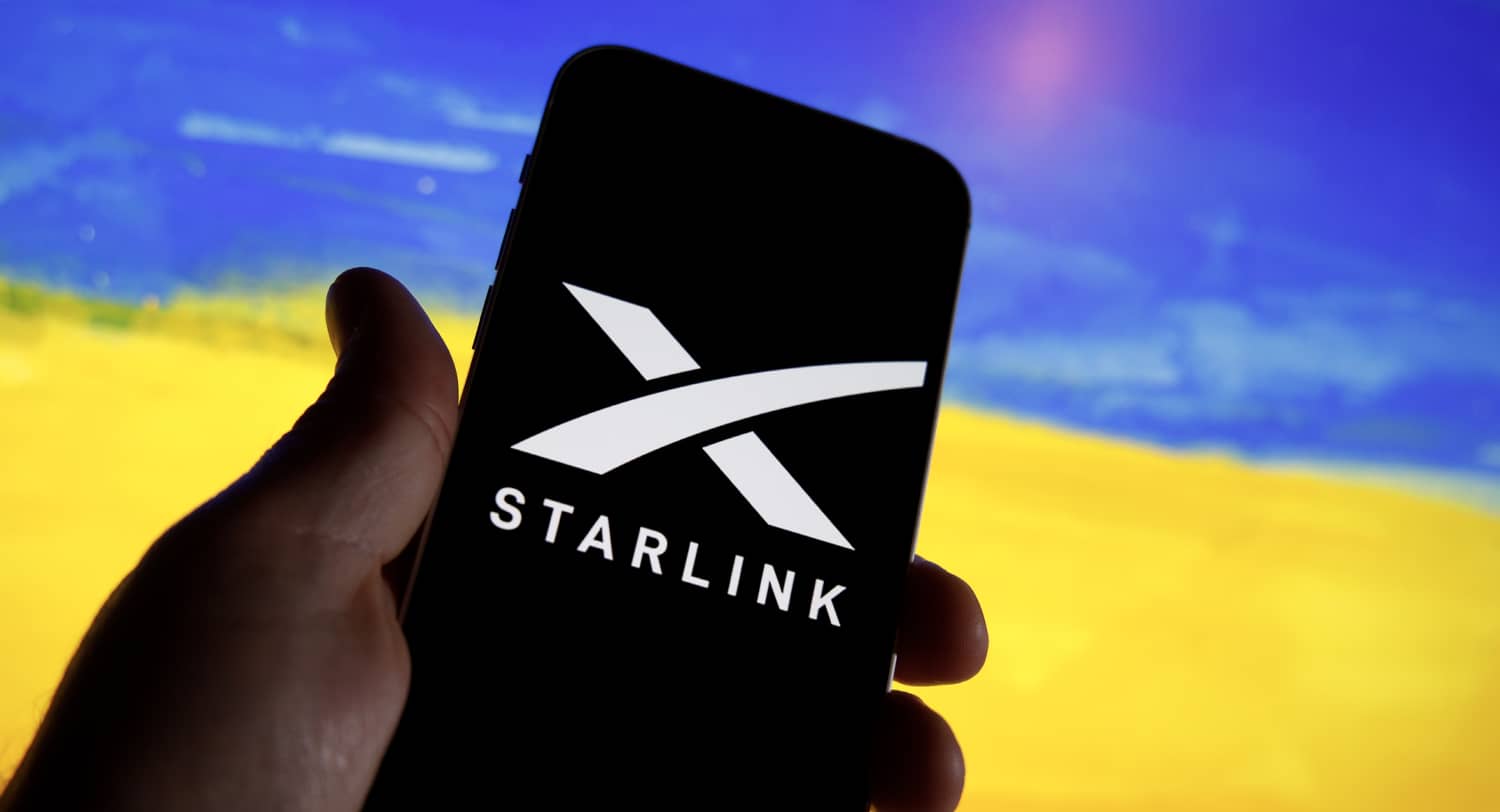One lesson of the Russo-Ukraine War is the growing role played by private corporations, both through participation in or circumvention of economic sanctions and business decision-making that directly affects the course of the fighting.
The satellite company SpaceX is a prime example of the latter. Its owner, Elon Musk, agreed in February 2022, shortly after the Russian invasion, to provide Ukraine with Starlink communications terminals, operated by the company’s constellation of satellites. This strengthened Ukraine’s ability to defend its military and civilian communications infrastructure. Starlink’s network (thousands of satellites in low-earth orbit) made it difficult for Russia to jam it. Starlink turned out to be a vital enabler without which the Ukrainian military could not synchronize its maneuvers nor carry out missile and drone attacks against Russia. Notably, it was an enabler no government would have been able to provide.
Musk presented his decision as motivated by solidarity with the Ukrainian people. But, in addition to generating positive public relations in Western markets, his decision made business sense. In 2022, Starlink had just reached technological maturity after a year of initial operations. Western governments paid SpaceX for a significant portion of the equipment and maintenance costs delivered in Ukraine. As a private firm without much business income in its early years (common to tech start-ups), SpaceX was able to use this Ukrainian income to boost the company’s assessed net worth to more than 100 billion US dollars.
In early October 2022, Musk sought to further amplify his role. He posted on his social media a proposed political compromise between Russia and Ukraine. It later emerged that Musk was in quiet contact with the Kremlin on the issue. About a week after the failure of the mediation efforts, Musk demanded (and obtained) hundreds of millions of US dollars from the US government for continuing to deploy Starlink in Ukraine, threatening to cut off the network when it was clear that the Ukrainian military would not be able to continue the momentum of its achievements in the field without it.
SpaceX has continued to influence the war. In February 2023, the Ukrainian military could not use sea-based drones to strike Russian targets in Crimea because Starlink had deactivated its satellite network in that area. Crimea is internationally recognized as Ukrainian territory though Russia annexed it in 2014. Musk explained publicly that he wanted to prevent a major escalation following the Ukrainian attacks there, but he was actually concerned with possible retaliation against his company. Since Russia considers the peninsula to be its sovereign territory, Musk thought the use of Starlink in Crimea could be used to legitimize attacks (by Russia) on its infrastructure and satellites elsewhere, under the laws of war.
SpaceX is not the only corporate player in the war. Microsoft and Amazon, for example, have volunteered to help the Ukrainian government repel Russian cyberattacks against the country’s civilian and military infrastructure, and to provide Ukraine with cloud services immune to Russian attacks. Social networks, such as Meta, have worked to limit the disinformation campaigns Moscow has sought to employ against Ukraine and Western countries, which the Russians look upon as part of an integrative military operating concept, often described as “Russian hybrid warfare.”
Sometimes private sector inaction can also affect military outcomes. In the first months of the war, some Western corporations voluntarily exited from the Russian market, thereby intensifying pressure on Moscow. Later on, with the support of governmental sanctions, other corporations cut off supply chains to Russia’s defense industry, which contributed to Russia’s newfound reliance on Iranian support.
Technology companies are poised to have a continuing impact on warfare. The war in Ukraine has accelerated the global arms race, illustrating the shortage of weapons in a way that dramatically strengthens the market value and bargaining power of defense corporations vis-à-vis governments for years to come.
Economic and technological developments in private corporations blur the distinction between the military and the civilian realms. They also require military and strategic planners (and intelligence communities) to factor in private corporate responses into careful preparation for the challenges that lie ahead.



